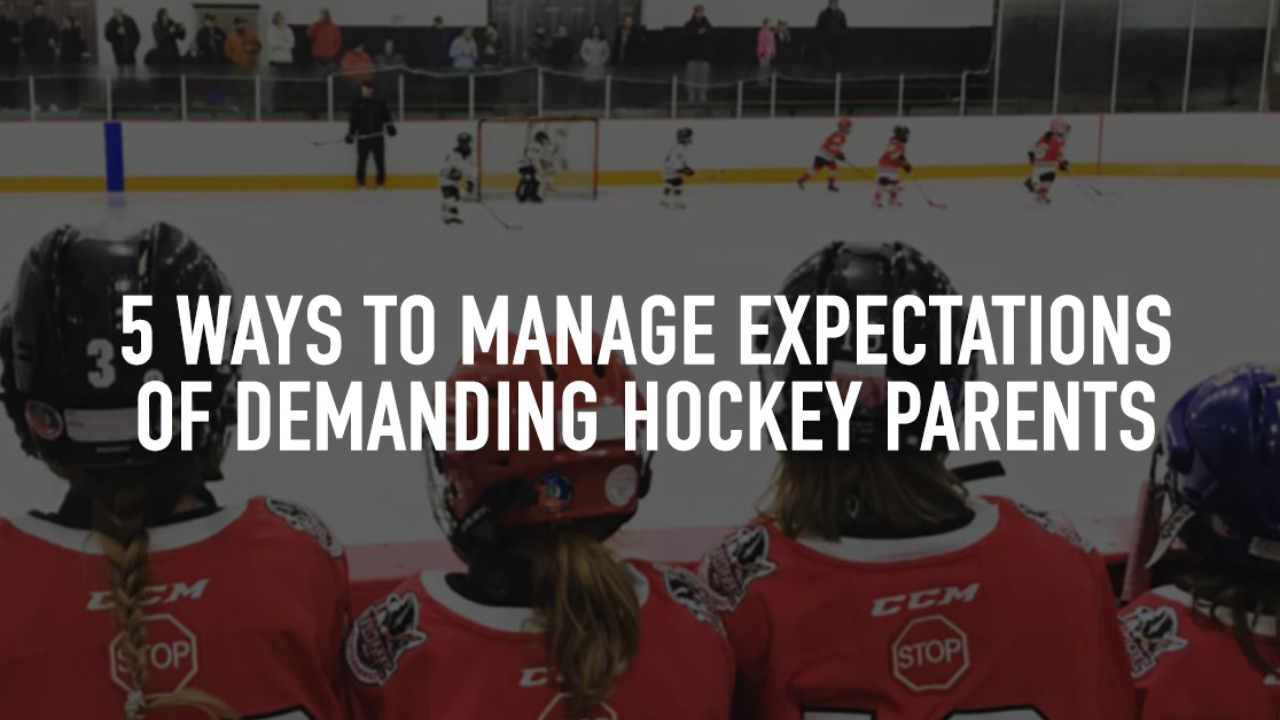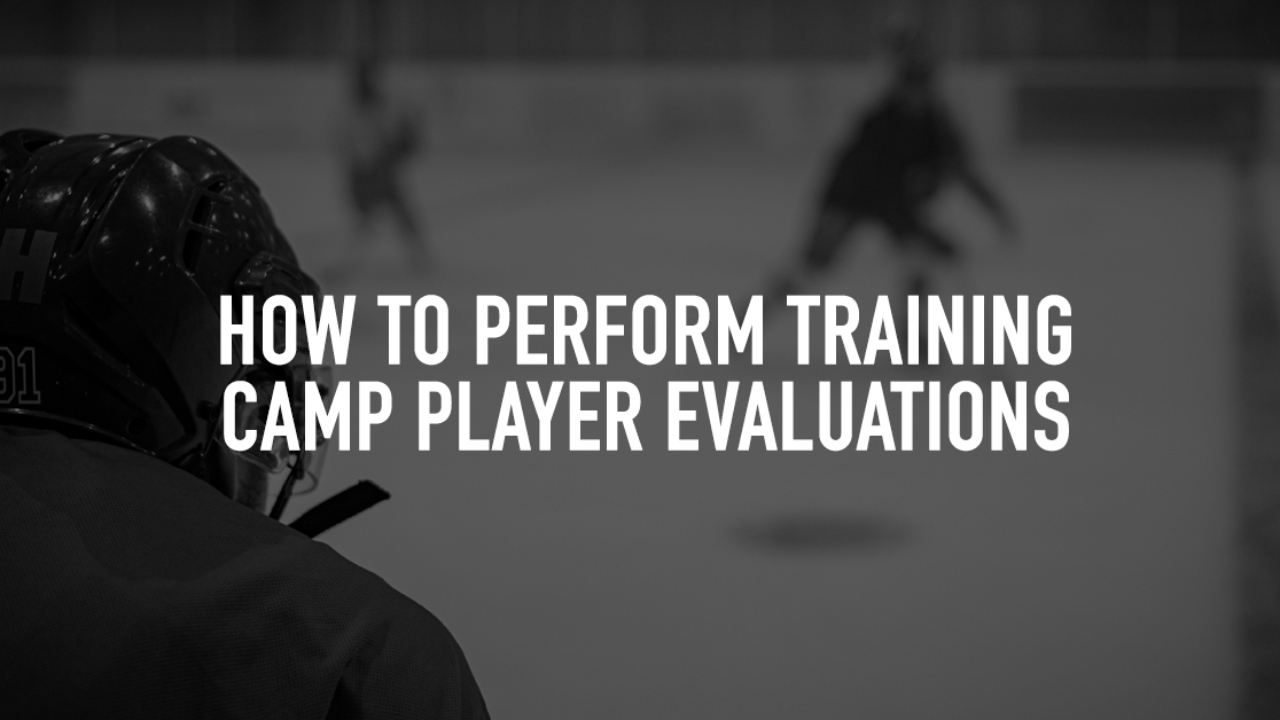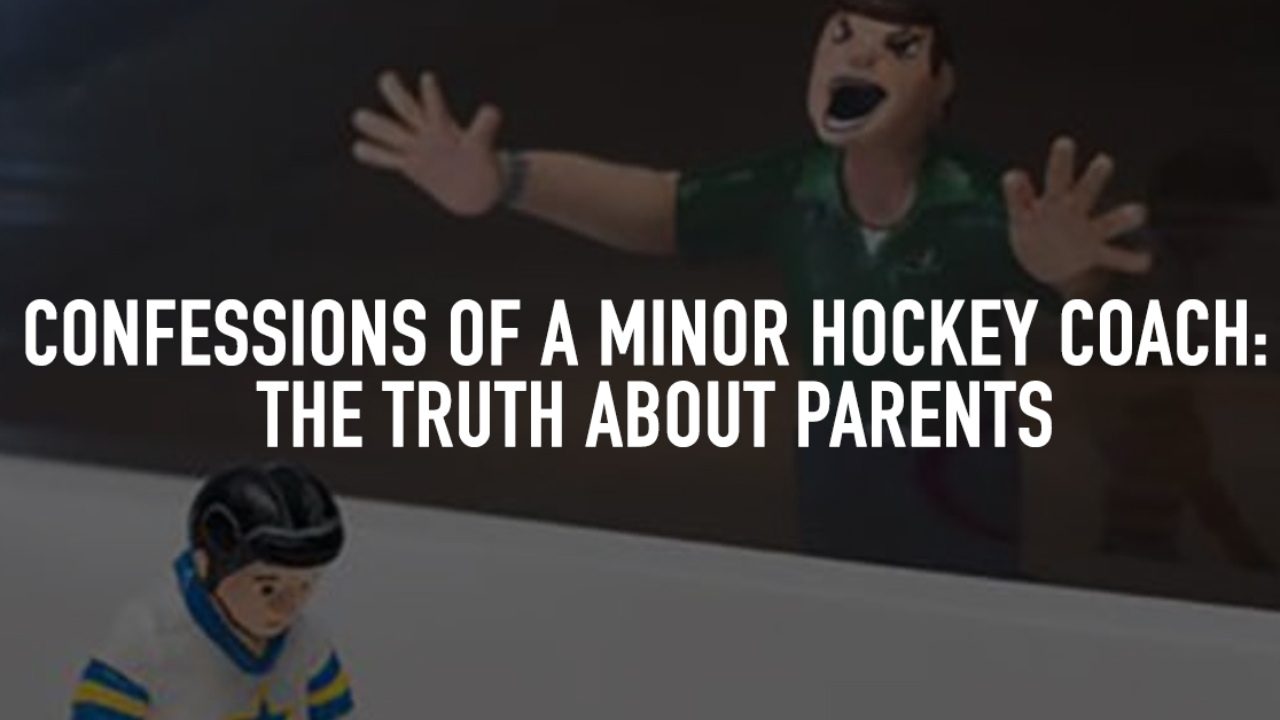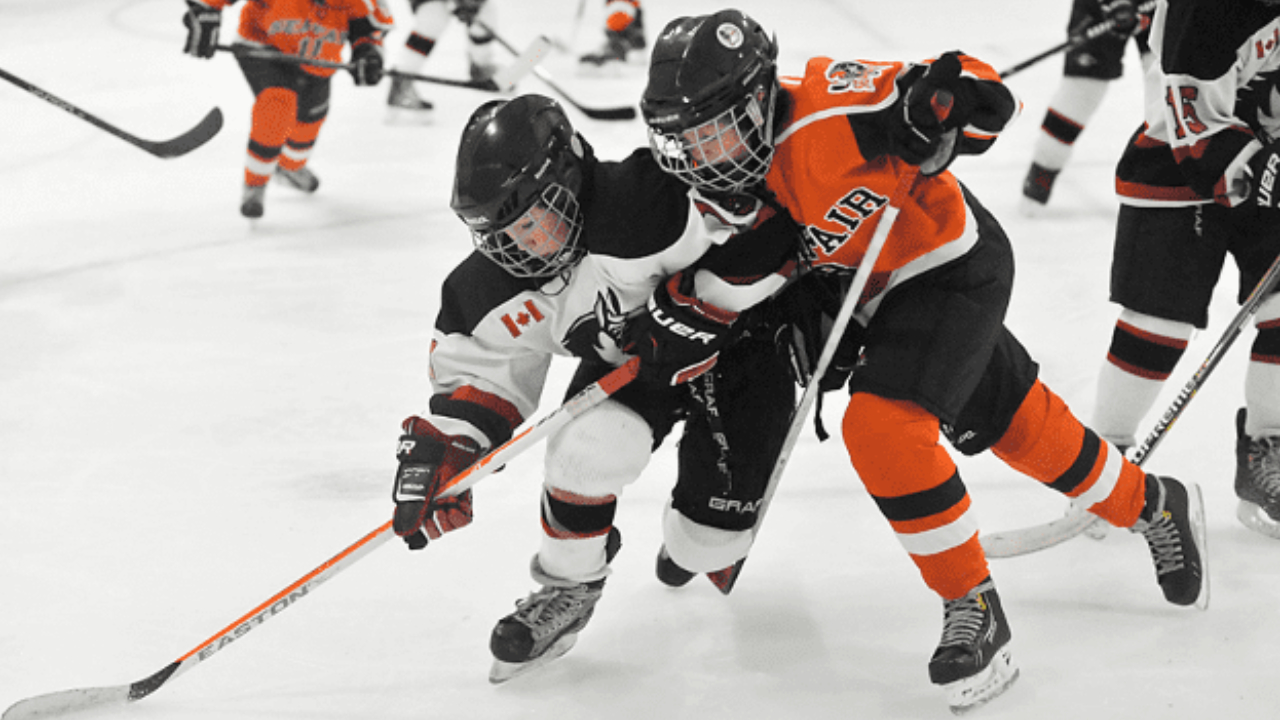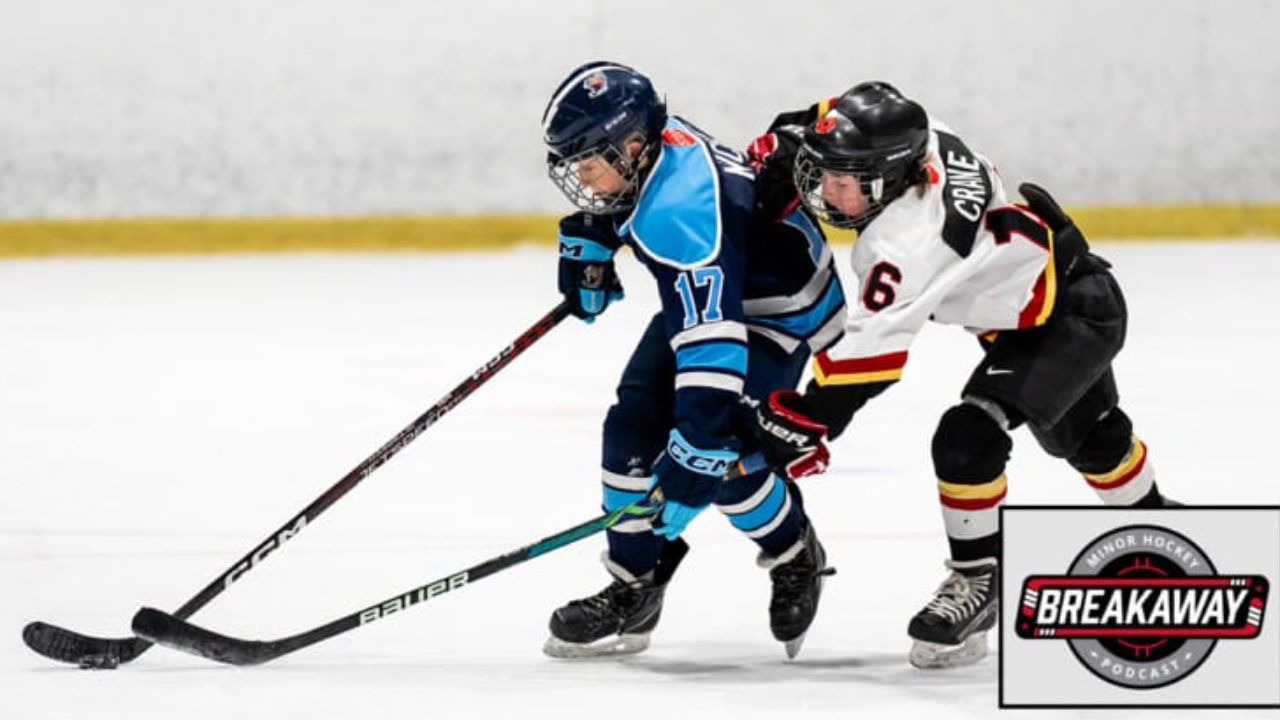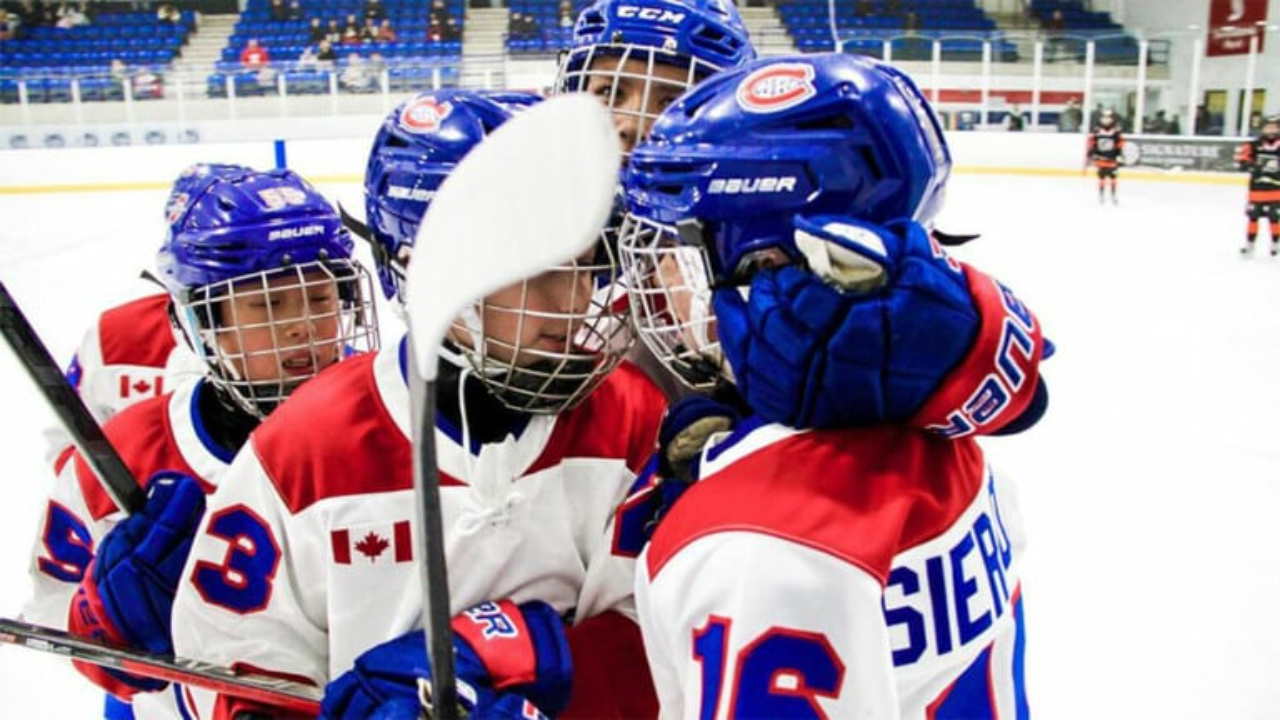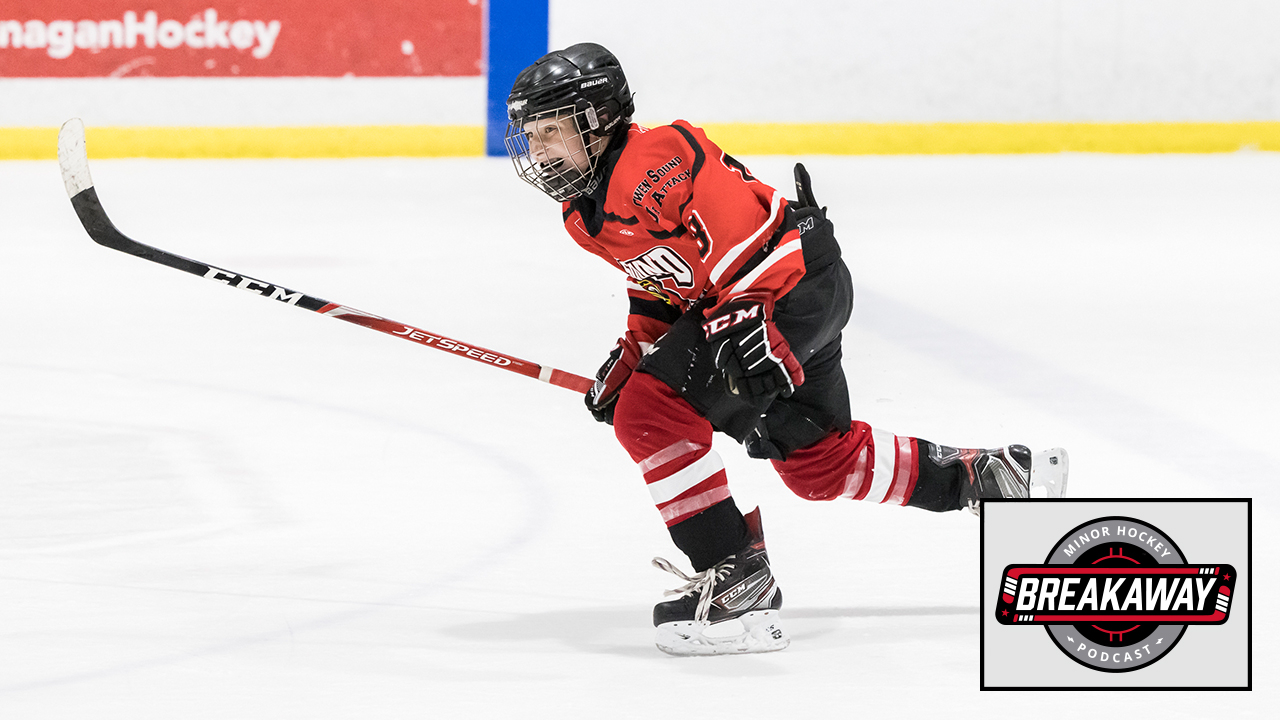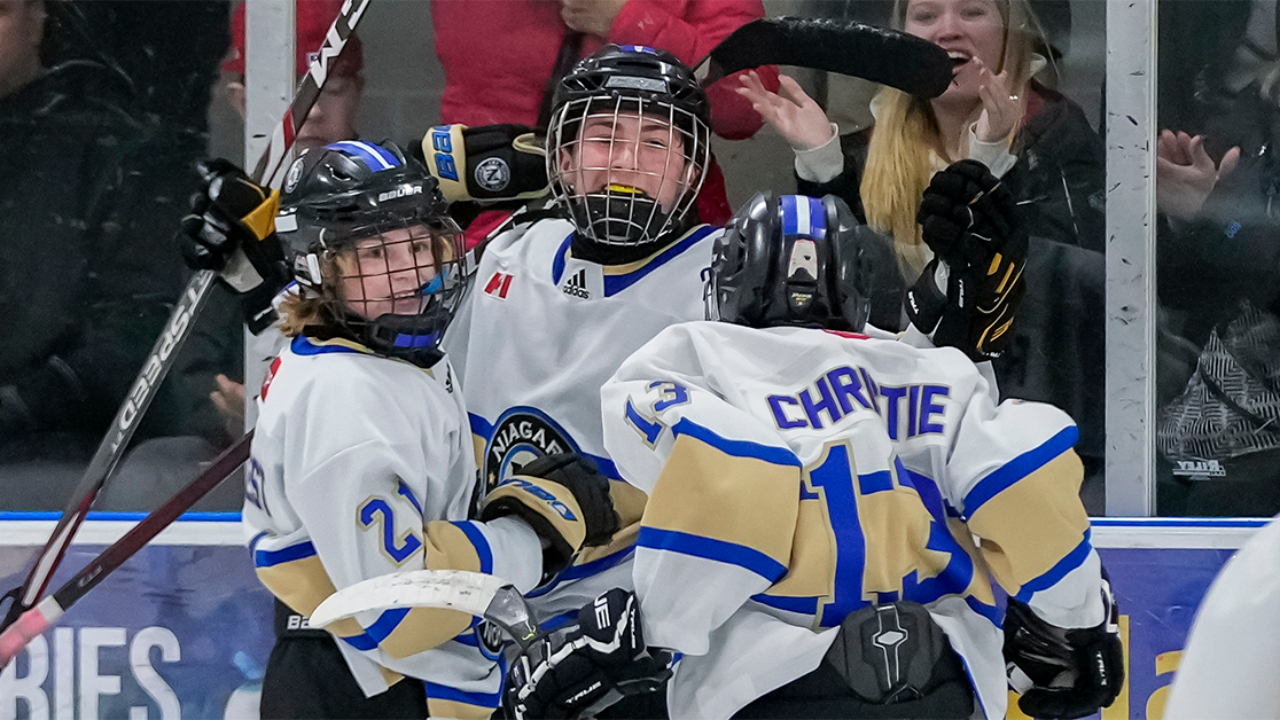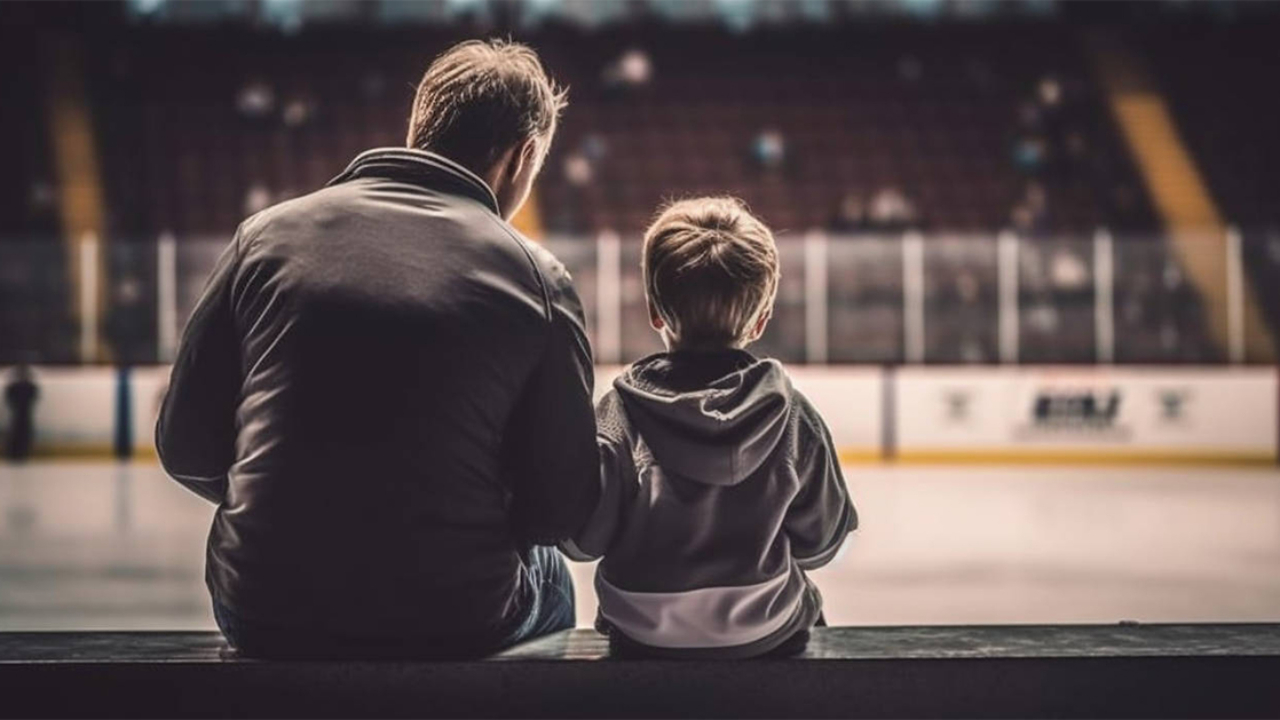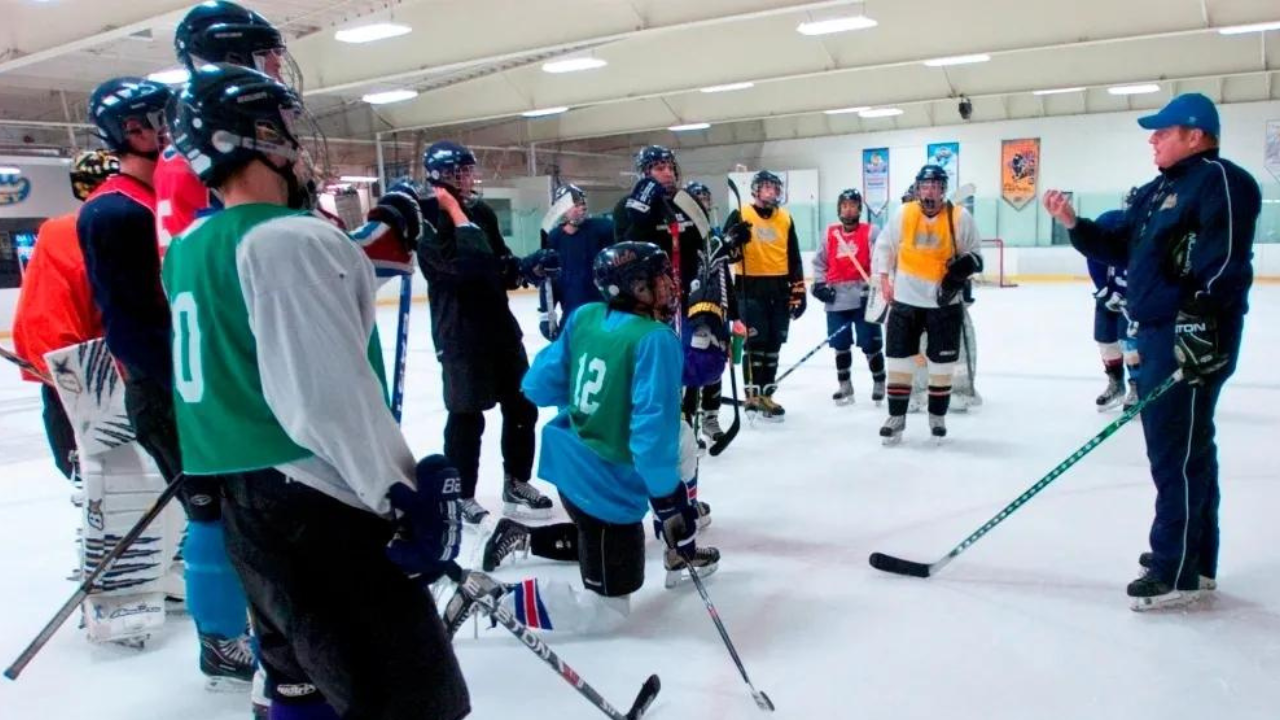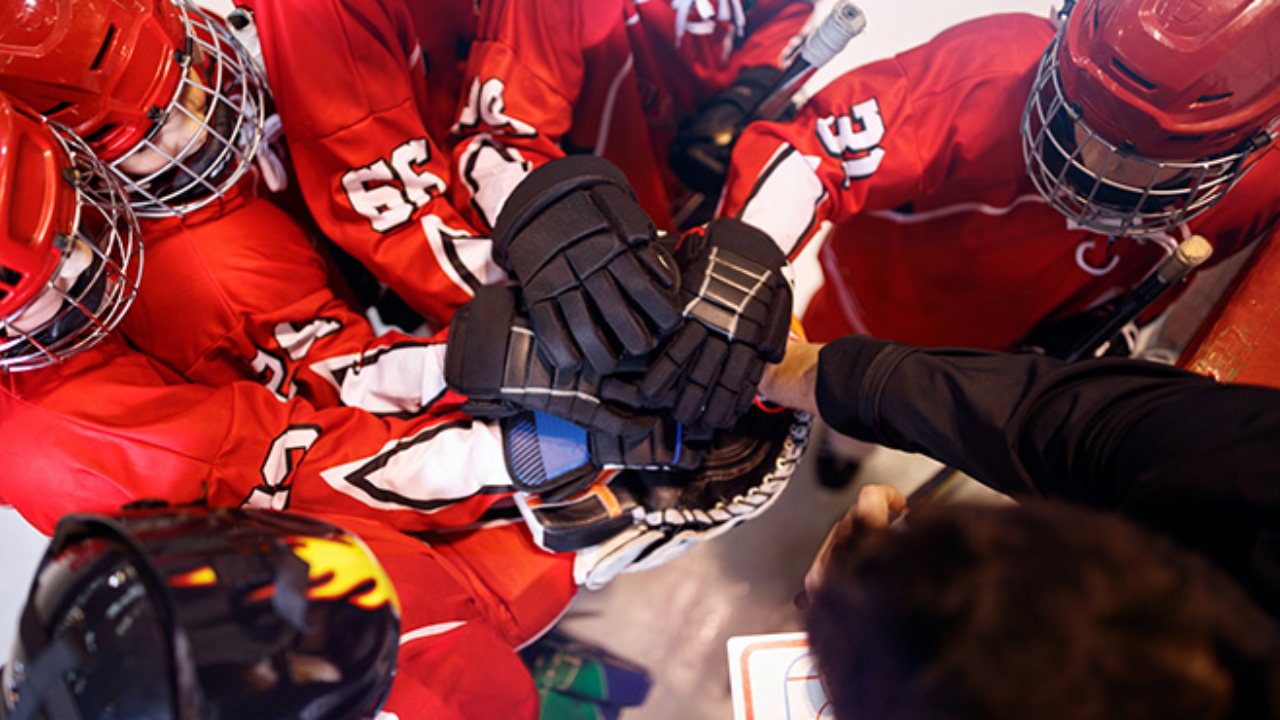
At the start of the season, have a team meeting that includes players AND parents. That's where the communication will begin.
One of my favourite Virtual Hockey Summit presentations in recent years came from Troy Ward and St. Louis Blues head coach Craig Berube about the importance of communication.
Regardless of the level, communicating with players is the only way they know what you want from them, what you expect from them, and how they can engage in their own development process with the coaching staff. It also allows you to build relationships with the players, which is just as vital as teaching them.
Yet, in youth hockey you don’t only communicate with the player, you also must communicate with their parents or guardians. Many coaches I have met over the years try to limit their communication directly with parents. They utilize a team manager or team parent to send out important information, organize events, and keep the parent/coach communications to a minimum. This can be as simple as “they’re working hard,” or “they did great today.” Superficial comments that keep parents happy, but not engaged.
This can be understandable because anyone who has coached a kid knows the parents can be very opinionated and can suck the fun out of coaching in one conversation. On the other hand, the parent or guardian has more time with their child than you do and can be a strong ally.
And if you’re someone who hates those negative parent interactions, as I am sure we all do, having good communication at the start and throughout the season can help alleviate those.
Make your philosophy known
At the start of the season, have a team meeting that includes parents and players. I have the players sit together in front and parents towards the back, away from their players. Here you can lay out your philosophy as a coach, and what they should expect from the season. Regardless of being a coach who plays everyone equally or sits players in tough situations, parents knowing what to expect will have less room to complain later, and players know what to expect as well.
What do you expect from practices on the ice and off the ice? What sort of behavioural rules do you have? I have made it clear anytime my players are inside a hockey rink, they represent our team. If they get in trouble by rink staff any day of the week, it has consequences on our team. If parents feel their kid’s behaviour might cause them to be sat for a game, they are far more on top of that behaviour at the rink.
Set goals
Sit down with each family individually and asses their performance and set goals early in the season, and then again later. Let them know what you see them doing that is awesome, and then instead of telling them something they are bad at, set that as a goal. If skating is an issue, tell them a goal for them is to improve their speed and then offer them a path to get there. Don’t just set a goal and walk away. These goals need to be actionable, but also reachable.
Doing this with parents in the room allows them to see what you see. We know most parents wear goggles in which their child is the best player on the ice, and we don’t want to take that excitement away, but you do want to be realistic and let them know just like every other kid on the ice, there are goals to help them get better.
Open your door
Have an open door policy for players and parents. For players, they can ask to speak to me before or after a game or practice. For parents, I make them set a meeting 24 hours after any on-ice session. This is my cool-off period. Do they think their kid hasn’t played enough? Do they not like the lines? Or are they simply a know-it-all parent who wants to say how they would have done it, so you would have won the last game? Or do they simply have a question about struggles they saw with their child and want help?
In the end it doesn’t matter what they want because you should hear them, but a 24 hour cool down means if they are heated about ice time, or usually perceived ice time, they have a day to sit on it and calm down.
When they are calm, even if upset, they will hear you and, in the end, appreciate that they’ve been heard. Even if it’s an issue you can’t immediately address, they will see value in being able to explain themselves and know they advocated for their child, which as parents we always want to do.
When you openly communicate with players and their families, they feel a part of something, and they feel connected to it. This means they want to keep coming back season after season because they know what to expect and know the coaching staff cares about them and their child.
Communication is the key to development, and that open line will make a world of difference.

